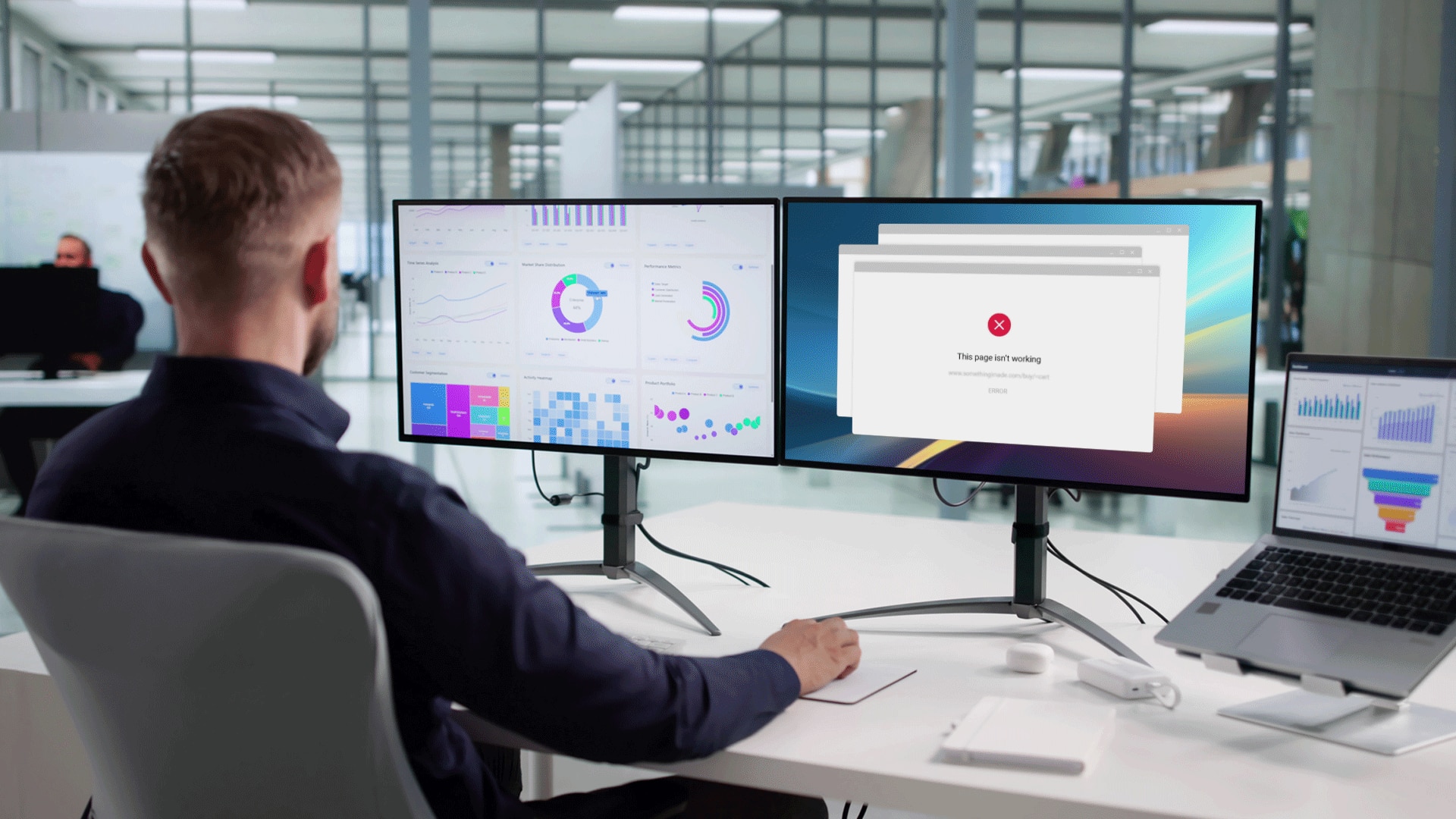 As covered earlier in this blog, governments spying on citizens is in vogue right now. What about other actors, do companies spy as well? Probably more than ever.
As covered earlier in this blog, governments spying on citizens is in vogue right now. What about other actors, do companies spy as well? Probably more than ever.
We took a look at some of the leading companies in Europe and quickly found some fine examples of this art form, using both proven methods (from Stasi – the actual guys) as well as evolving laws and practices of business intelligence and corporate governance.
Companies spying on employees: Lex Nokia
If a company suspects disloyal behavior by its employees, such as company information leaking to the press or others, it may have a right to investigate communication in any company-owned channels (email, for instance). How much evidence that is required and the extent of the monitoring is currently being revised in several countries (Norway and Sweden, for example).
In Finland, the disputed so-called Lex Nokia (Urkintalaki) was approved in parliament on March 4th, giving companies and organizations the right to monitor the metadata of employee emails. Nokia was heavily in favor of the proposal as it wanted to investigate employee leaks of future mobile phone designs.
The world’s biggest phone maker is even supposed to have threatened to take its business elsewhere unless the Finnish politicians approved the law. Nokia’s CEO Jorma Ollila claimed that this was not the case and (apparently without a smile) that anybody claiming so would be investigated. In a subsequent interview, the person who was the highest civil servant of the Finnish Labour ministry at the time contradicts this. It is unclear whether Nokia now intends to tap his email.
Companies spying on each other: Babygate
In January 2009, Porsche was finally able to increase its ownership of the Volkswagen group above 50 percent. During the four years before this, there was a bitter feud between the two companies that originally derived from each other. Both were founded by Ferdinand Porsche and managed for most of the 20th century by his family.
The toxic relations culminated in November 2007, when Porsche CEO Wendelin Wiedeking found a baby monitor switched on and hidden behind his couch in his hotel suite while he was VW’s guest in Wolfsburg. The auto-interested baby in question appears very crafty, as no finger prints, DNA or product id could be found on the device.
Porsche’s security service is said to have attempted a stakeout, feeding the phone with false information. However, they were unsuccessful at finding a culprit, as were the German police when Porsche finally filed a complaint a full five months later.
Companies spying on themselves: Telekomgate
Companies pay a lot of attention to their owner representatives. In 2008, Europe’s largest telecom operator Deutsche Telekom admitted to having carried this to new lengths. It had tracked phone calls not only from its board members but even the children of its board members in order to find suspected press leaks. The leak investigation had been subcontracted to the thorough professionals in Desa, a company run by two former informants of the East German secret police, the Stasi.
These extreme measures followed a time of paranoia with leaks in the company, referred to as “Swiss cheese” by its former CEO. The emergence of this paranoia and leaks probably was not helped at all by inter-departmental competition, including four different press departments, all actively communicating their views and news.
In addition to its board, Deutsche Telekom also spied on journalists in order to identify sources of perceived press leaks. The story only broke after the company failed to pay one of the contractors what was owed, after which the contractor promptly informed the journalists. Deutsche Telekom was awarded the 2008 Big Brother Award for its efforts.
Conclusion
Alas, yes we must conclude that everyone, governments, companies, maybe even down to your neighbor hacking your Wlan, are curious.
So keep your secrets to yourself and don’t use one of these if you get one for your birthday!
Do you think your email is read, or metadata from it tracked, by your employer? Do you think the current rules are too lax, too strict? Let us know what you think below.



























